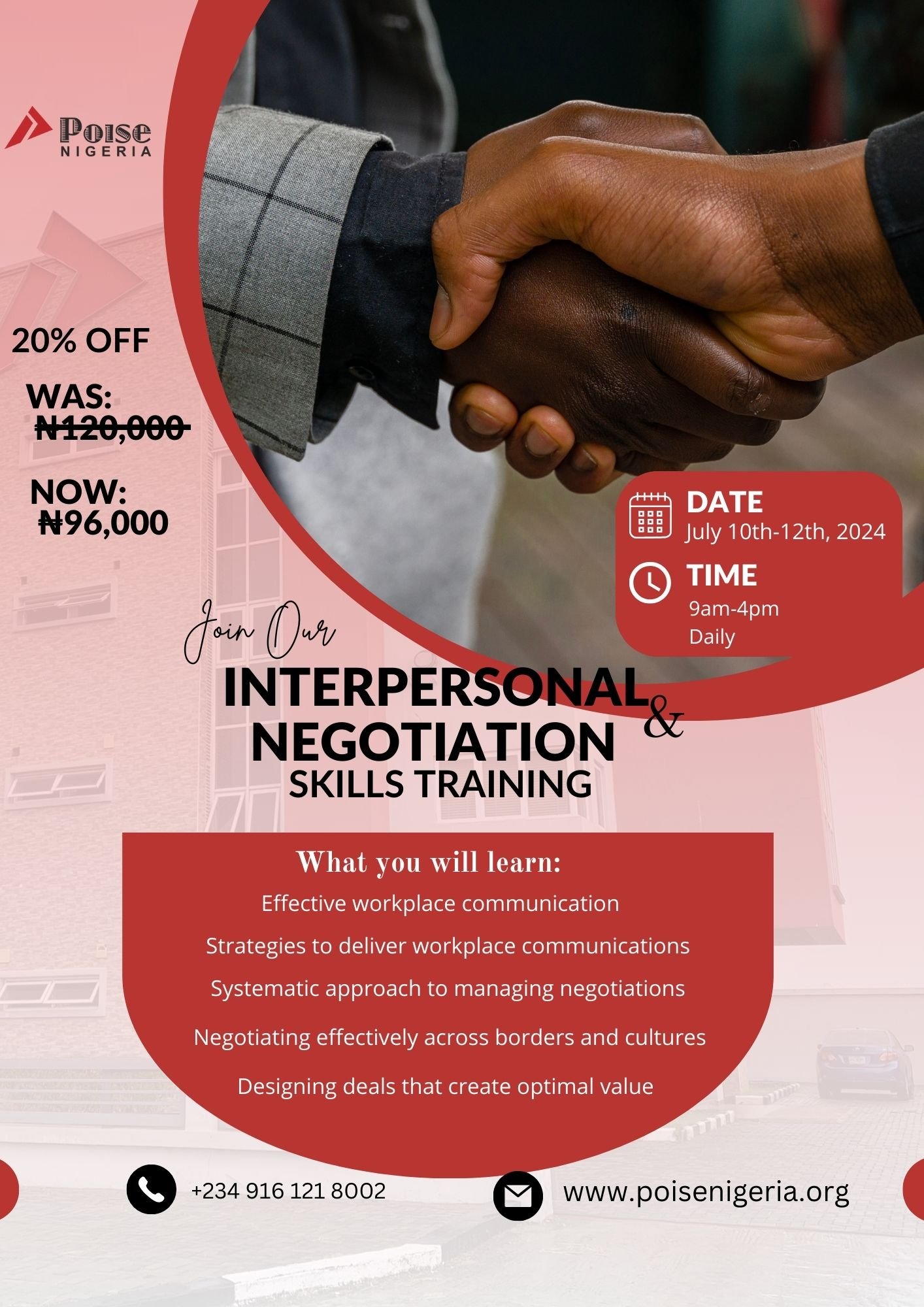Nigeria’s public transportation system is a complex environment filled with diverse experiences, shaped by the hustle and bustle of daily commuters. If you have ever taken a motor bicycle, tricycle, a minibus or a yellow bus, you likely have stories that reflect both the resilience of the human spirit and the challenges posed by unruly conductors, drivers, thugs and union representatives.
Navigating through these varied modes of transportation often requires more than just physical endurance; it necessitates emotional resilience and strong interpersonal skills. In Lagos, especially, the unpredictable behaviors of the conductors, drivers, thugs, and union representatives can lead to frustration and anger, potentially igniting conflict. This highlights the critical need for emotional intelligence within the transportation sector.
The Impact of Emotional Intelligence
Emotional intelligence, defined as the ability to recognize, understand, and manage our own emotions while also being aware of the emotions of others, can play a transformative role in Nigeria’s public transportation. By encouraging a culture of emotional intelligence among transport workers and healthcare practitioners, we can significantly improve the transportation system experiences.
Case Study: Transportation Workers
Consider the typical scene at a busy bus terminal in Lagos. Commuters often encounter aggressive conductors and unruly agberos (thugs) or union representatives whose behaviors can range from mildly annoying to downright hostile. These interactions not only detract from the commuting experience but can also create escalating tensions among commuters.
While we will be discussing emotional intelligence for commuters and how they can effectively handle situations with transport workers, it’s also crucial to highlight the importance of implementing emotional intelligence training for those workers. Such training can enhance their ability to manage stress and interact positively with the public. Programs focused on empathy, communication, and conflict resolution will equip conductors and drivers with the necessary tools to handle disputes amicably. This, in turn, can create a more pleasant environment for commuters and promote a better overall experience for everyone involved.
How Commuters Can React or Handle Situations with Transport Workers
In the lively and sometimes chaotic environment of Nigeria’s public transport, commuters often find themselves dealing with a range of challenging interactions. Here are some strategies for commuters to effectively manage their experiences with transport workers, ensuring more positive outcomes for everyone involved:
Maintain Composure
Stay Calm: In stressful situations, take a moment to breathe and remain calm. Responding with patience can prevent the escalation of conflict.
Non-Threatening Body Language: Use open and friendly body language to foster a more cooperative interaction.
Communicate Clearly
Express Yourself Respectfully: Politely articulate your concerns or requests. Instead of saying, “You’re wrong!” try “I would appreciate it if you could help me with…”.
Listen Actively: Give transport workers a chance to express their points of view. Understanding their pressures can lead to better mutual comprehension.
Empathy and Understanding
Acknowledge Their Challenges: Recognizing that transport workers face pressure and challenges can soften your approach and open dialogue.
Use Empathetic Language: Use phrases that can create a shared understanding and reduce tension.
Seek Solutions Together
Suggest Alternatives: If faced with a problem, propose a solution that could work for both parties. For instance, if there’s an accident, suggest an alternative arrangement rather than demanding immediate compliance.
Build Rapport: Small talk or expressing gratitude for their hard work can build a friendly atmosphere that encourages cooperation.
Know When to Escalate
Involve Authorities If Necessary: If a situation becomes unmanageable or unsafe, calmly seek help from transport authorities or security rather than engaging in conflict.
Document the Incident: If needed, take notes or gather witness accounts to report unacceptable behavior to the relevant authorities later on.
To achieve meaningful change within Nigeria’s public transport sector, conductors, drivers, union representatives, and other parties need to collaborate in developing a framework that integrates emotional intelligence training. This framework should include comprehensive curriculum development, establishing tailored emotional intelligence training programs that utilize real-life scenarios and role-playing exercises for workers. To evaluate the effectiveness of these initiatives, pilot programs should be initiated within select transport unions to gather data on their impact on worker behavior and customer satisfaction. Additionally, engaging with policymakers to advocate for the mandatory inclusion of emotional intelligence training in professional development for public service workers is crucial. Finally, implementing ongoing assessments will help measure progress and allow for the adaptation of training and leadership strategies to meet the evolving needs of both workers and the public. Through these steps, we can create a more competent and empathetic workforce in the transportation sector.
Embracing emotional intelligence and strong leadership within Nigeria’s public transport and healthcare sectors can lead to significant improvements in service delivery. By equipping workers with these essential soft skills, we can foster a culture of respect and understanding that resonates with commuters and patients alike.
As we move forward, let us advocate for changes that improve individual interactions and elevate the standard of service across Nigeria, ensuring that every journey and every patient encounter is marked by dignity and respect. Together, we can create a system that reflects the best of our collective potential, driving progress for our nation and its people.






Elmappetis
This is impressive and important thank you